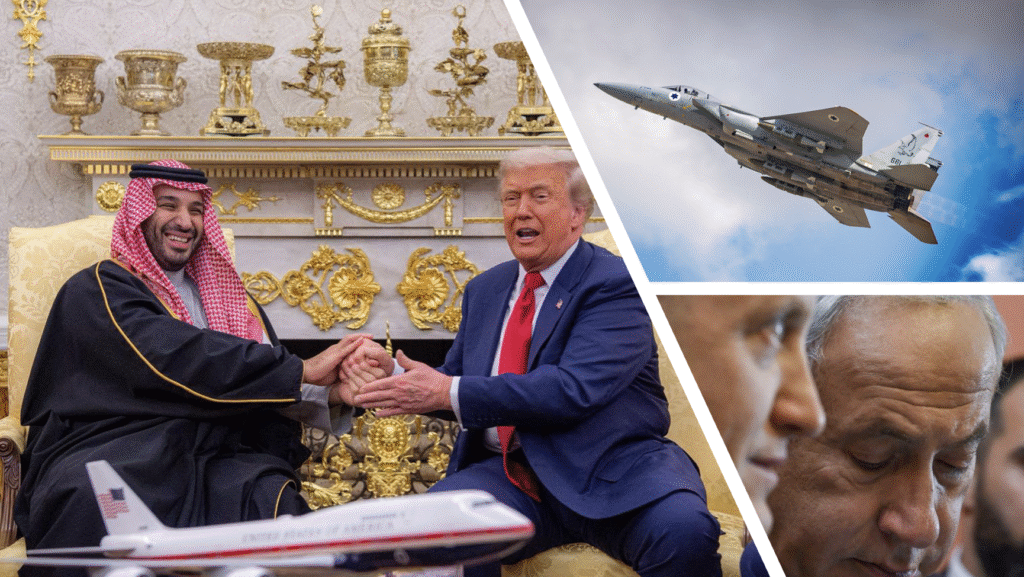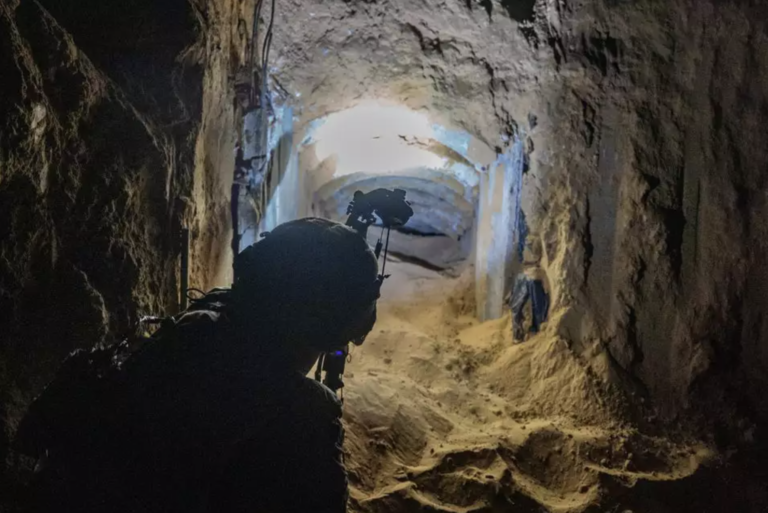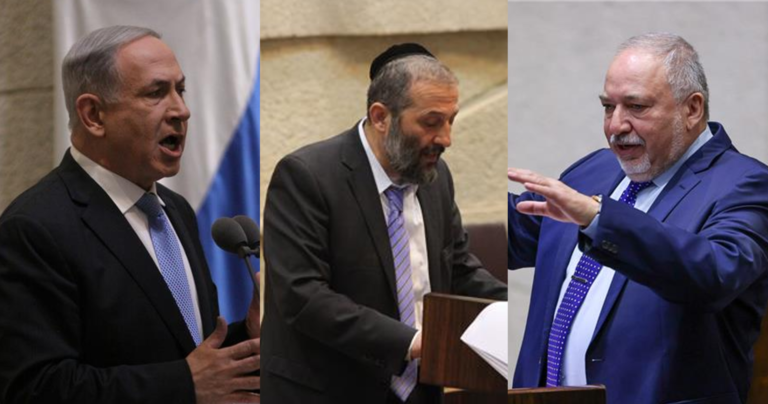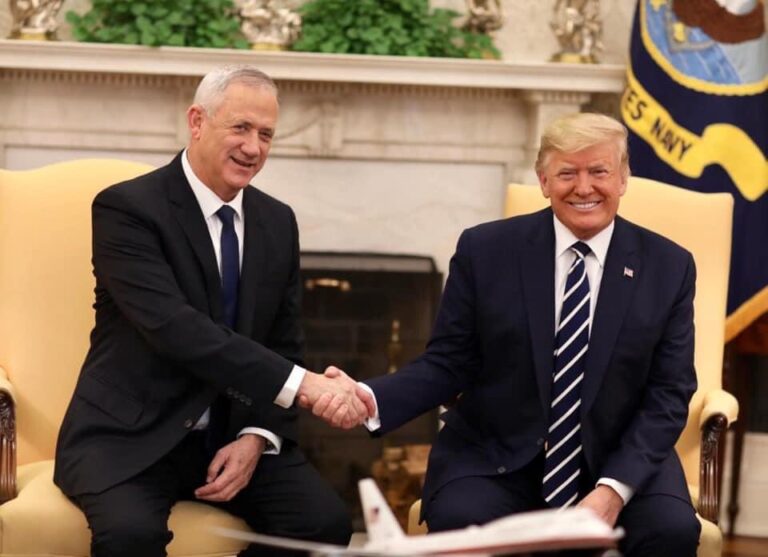“You don’t understand the Americans at all,” said a senior Middle Eastern official. “You look at Saudi planes as a potential future threat. The United States, by contrast, counts all the American planes it has sold to countries in the region as a shared air force of a foreign power: the Middle Eastern defense alliance.”
It’s a long historical process, but the U.S. is leaving the Middle East. America now produces more oil than any other country in the world and is no longer beholden to local embargoes. The two great American traumas of this century are tied to the Middle East: 9/11 dragged the U.S. into the region, and the Iraq War dragged it out.
The Middle East is a region to avoid, President Obama said when justifying breaking his promise to protect the Syrian people from Bashar al-Assad’s chemical weapons. In that sense, Donald Trump is a surprising successor. He simply proposes a withdrawal that is more elegant, smarter, and less naïve. Instead of appeasing Iran, he places an iron wall against it. Indeed, that regional alliance protected Israel from two wild Iranian missile onslaughts in 2024, and once again in June this year.
“Don’t think about Jerusalem,” the official suggested. “Think about Tehran. When they see a war machine like the F-35 in the Middle East, will they interpret it as a local Saudi air force or as a de-facto American base?”
All this makes good sense regarding Saudi Arabia and the United Arab Emirates, and it explains Israel’s silence compared to past uproars when a friendly Republican administration tried to sell weapons to Riyadh. Then it was Ronald Reagan with the F-15s, and the one who helped him was Democratic Senator Joe Biden.
But this is certainly not the case with Turkey. Ankara is doing everything it can to help the Iranians get around the sanctions, and there is no reason to believe that one day it will help Israel with air defense—perhaps the opposite.
Israel believes it succeeded in blocking the sale of the jets to Erdogan, and in linking the supply of F-35s to Saudi Arabia to a normalization deal. If an air force is being built in the region against Iran, perhaps the bases should also set up communication systems with one another.
The above is an excerpt from my Shabbat column in Israel Hayom. Read it on Israel Hayom’s website here.









